CASE STORIES
LIFE FIT FOR REACH case stories
With the support of the project, several companies in the Baltic States have reduced the use of hazardous substances by replacing them with safer alternatives, using resources efficiently or changing technologies and equipment.
- Tenachem reduced amounts of hazardous substances in professional construction chemicals
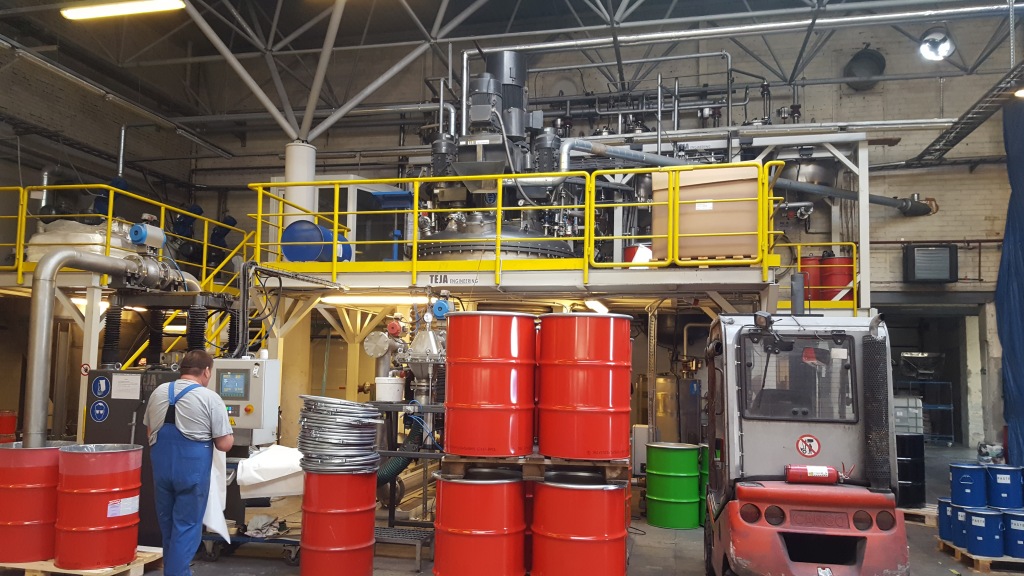
- Toyota car care services improved their chemicals management performance in the Baltic States
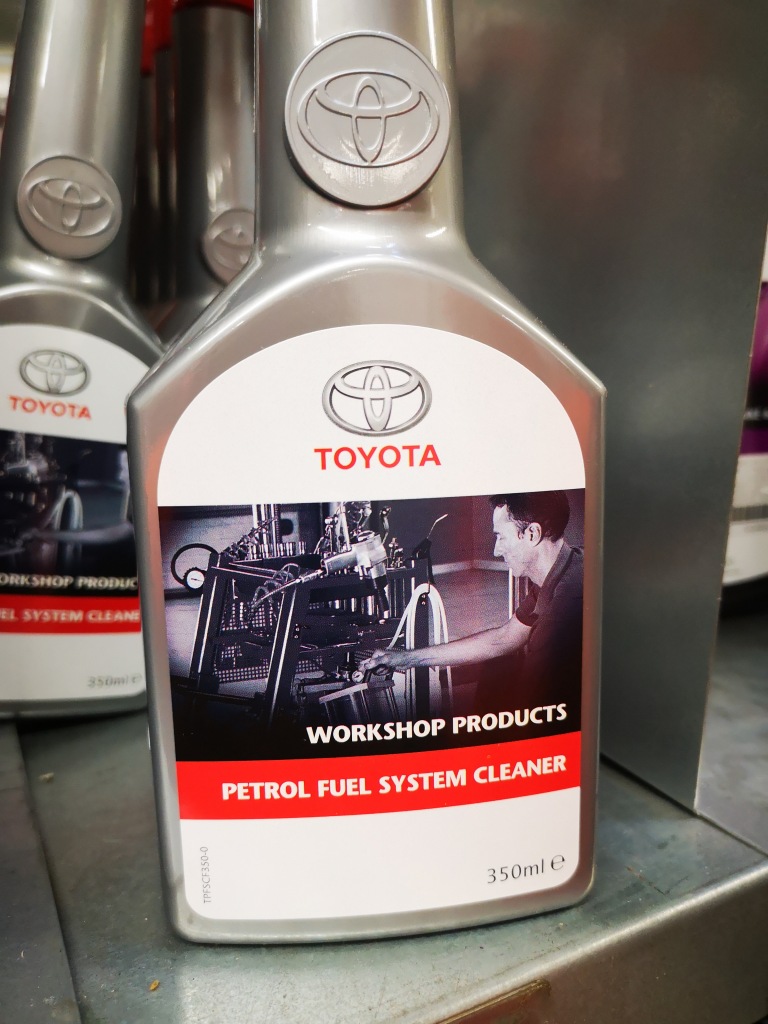
- Lower emissions of hazardous substances by reducing battery consumption
- Less hazardous substances at car repair shops

- Substitution of hazardous chemicals in the production of cleaning detergents and personal care products
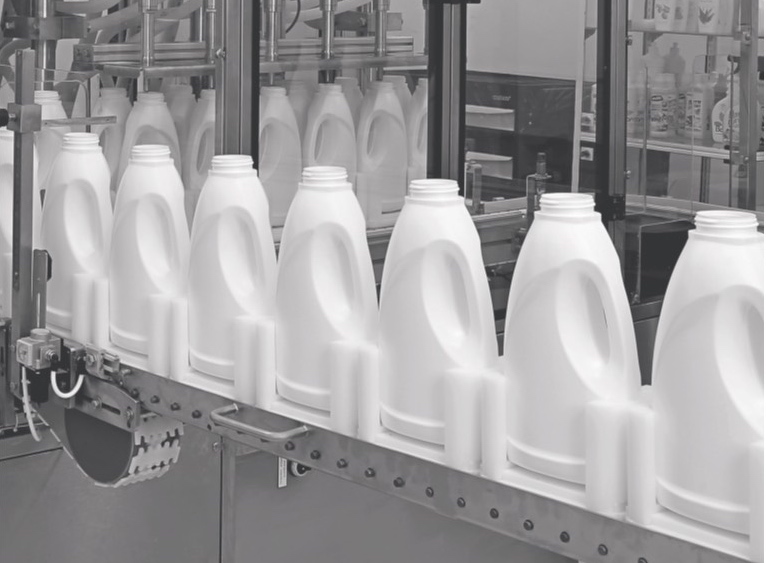
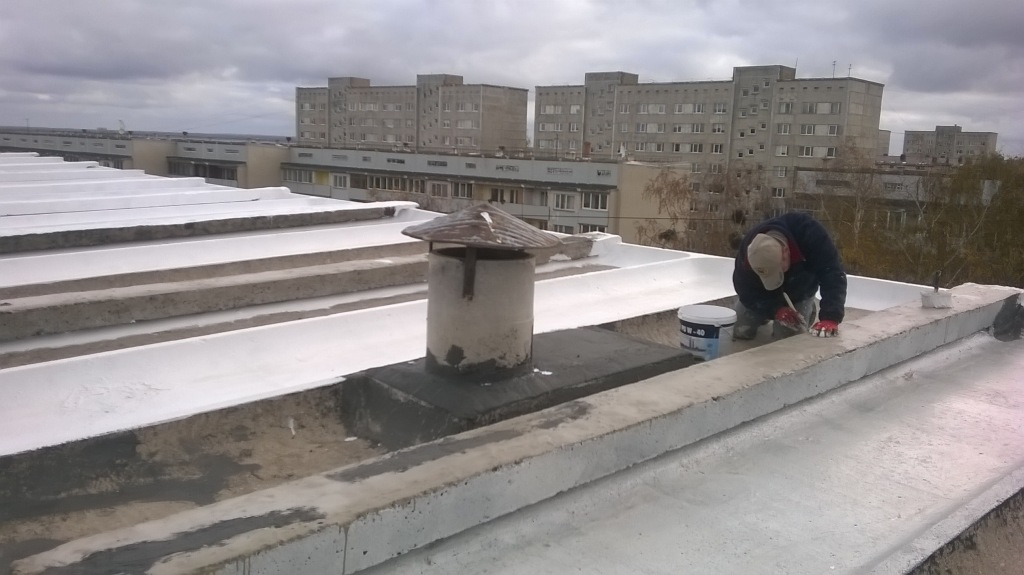
- Substitution of the equipment to reduce the use of hazardous substances in the care repair industry
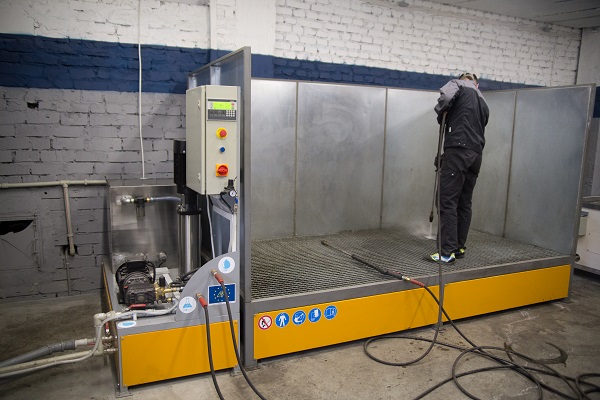
- Resource efficiency and reduction of hazardous waste in the production of the building materials

- New equipment allows to reduce the use of hazardous substances in the metal processing company
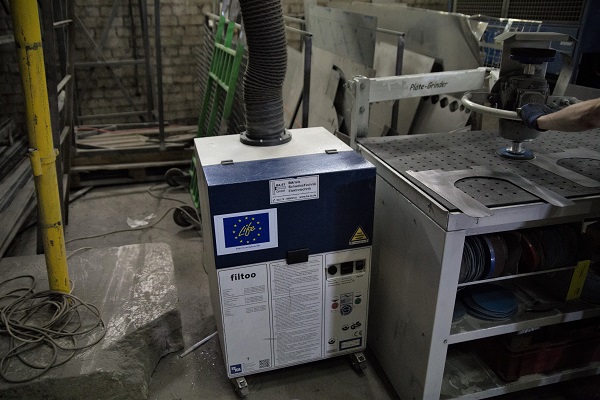
- Resource efficiency and new technologies allows to establish environmentally friendly car washing service

- 3D technology eliminates use of hazardous substances in the quality control process
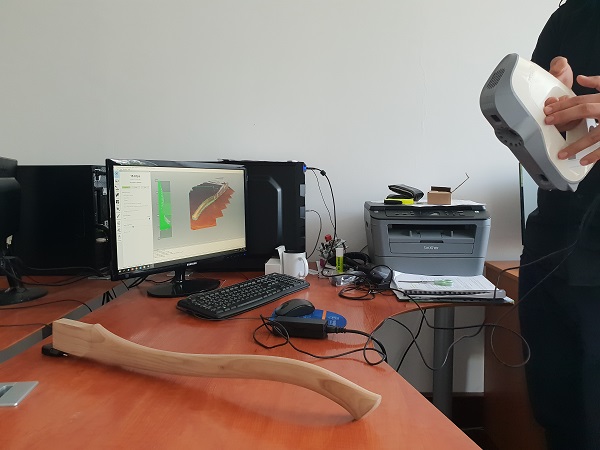
- Laundry detergents to phase out sodium perborate at manufacturer of washing and cleaning products
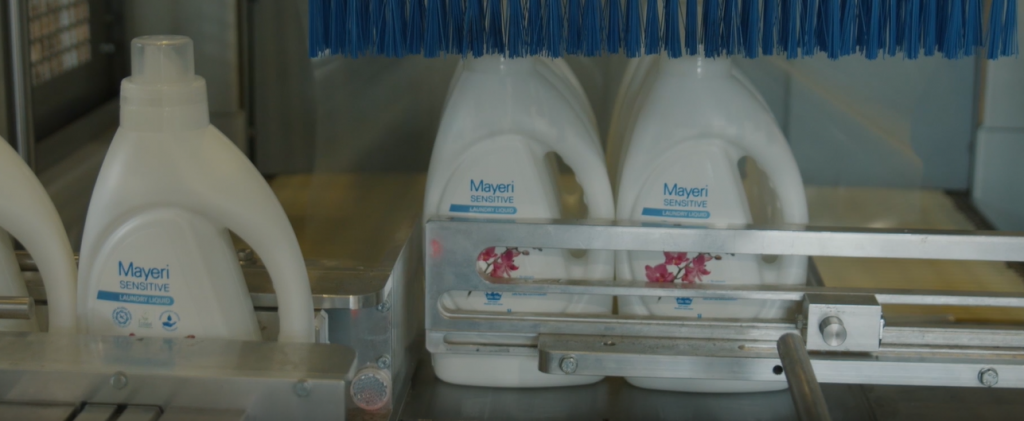
- Prevention of pollution in milk processing industry Marijampolės pieno konservai UAB
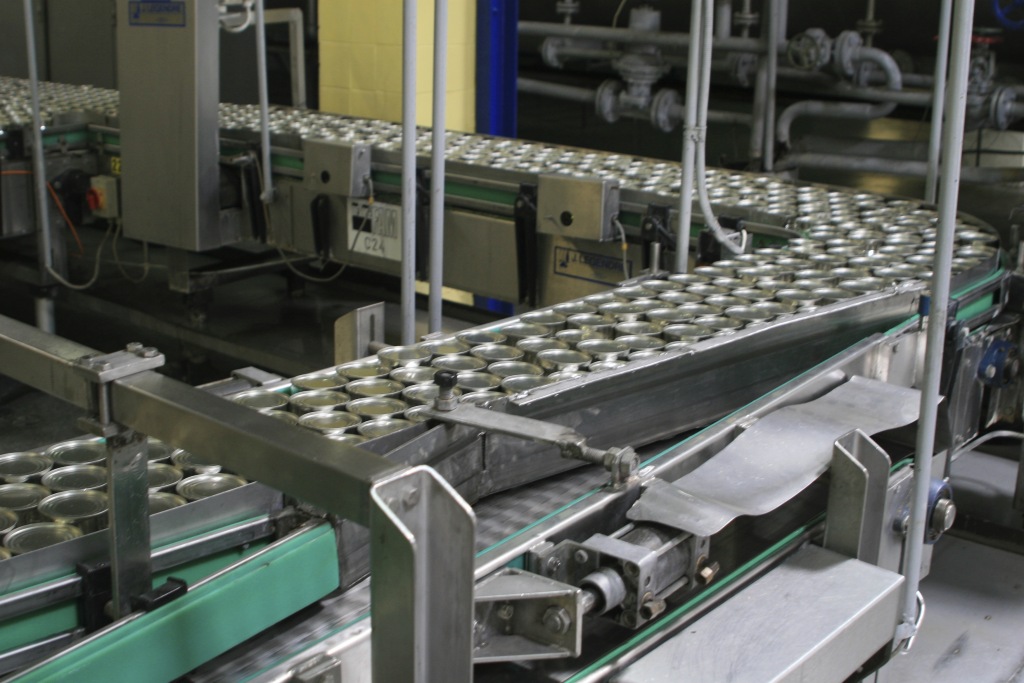
- Reduction of VOCs in priming of metal sheets in Vakaru Metalgama
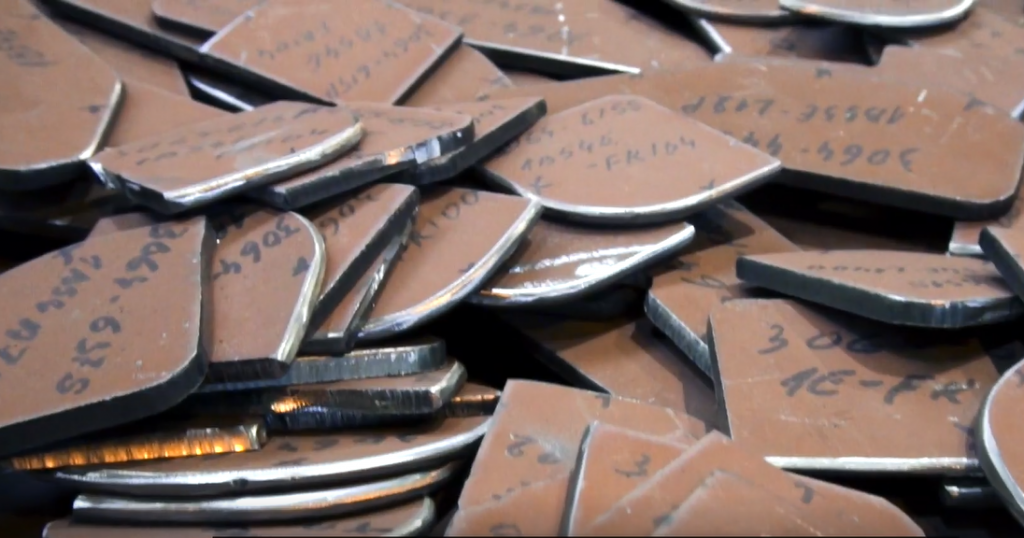
- Epokate making epoxy flooring products safer and more environmentally friendly
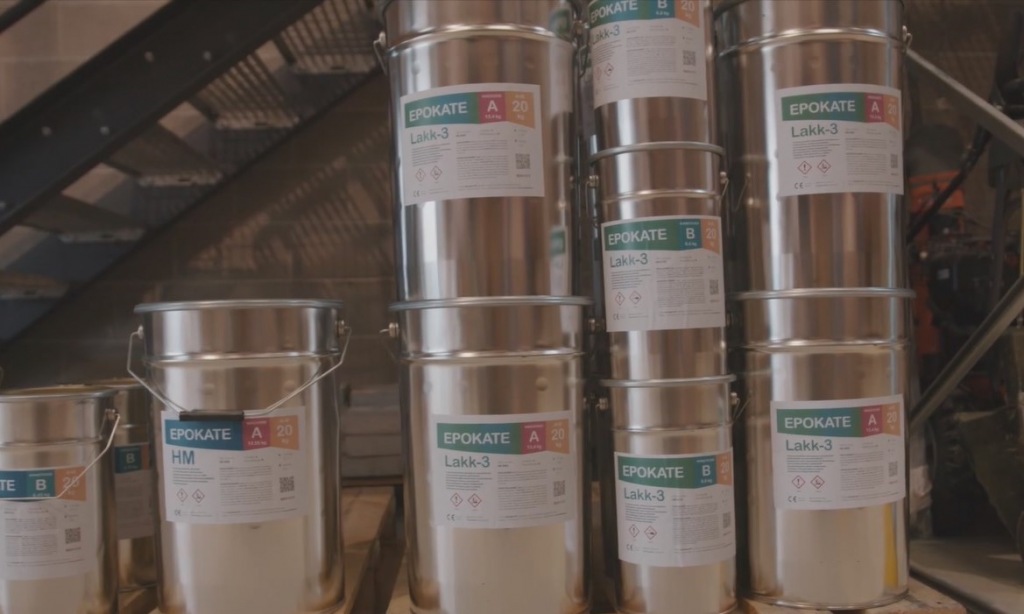
The experience of others
Our expert team has prepared several case stories about the substitution of hazardous substances the different industry branches. Case stories include a description of:
- the target substance and its hazards and regulatory status,
- the substitution process, including information on identification of alternatives, selected alternative and justification,
- the implementation plan, costs and savings, and
- an evaluation of the outcome.
Also unsuccessful cases of substitution are presented to illustrate the importance of a thorough assessment of alternatives.
- Bisphenol A in food industry
- Formaldehyde in wood processing industry
- Trichlorethylene in metal processing industry
- Chromium III in leather processing industry
- Zinc cyanide in metal processing industry
- decaBDE in textile industry
- Copper oxide biocides in antifouling paints for ships
- Brominated diphenyl ethers in plastics
- Hazardous substances in food processing
- Lessons from unsuccessful examples of chemical substitution